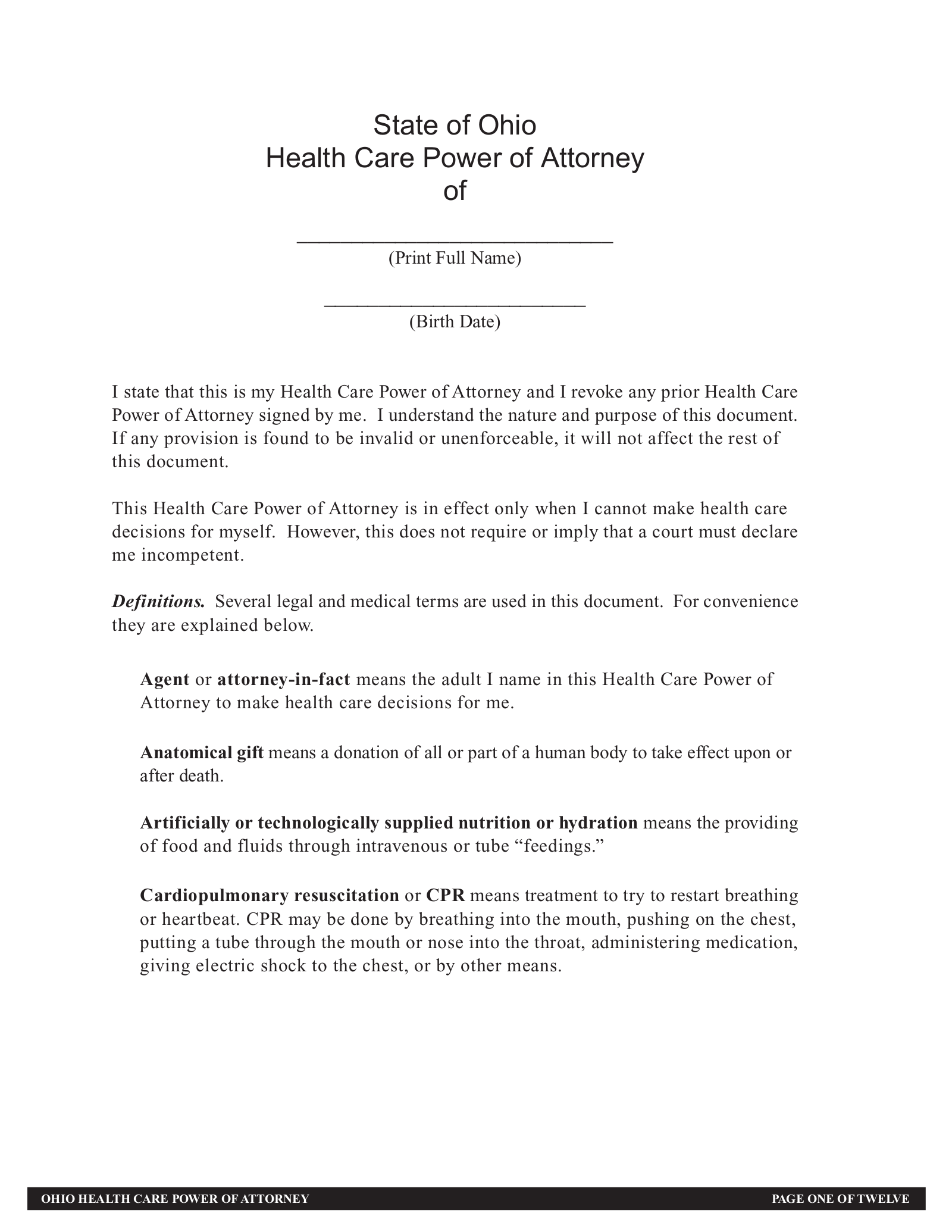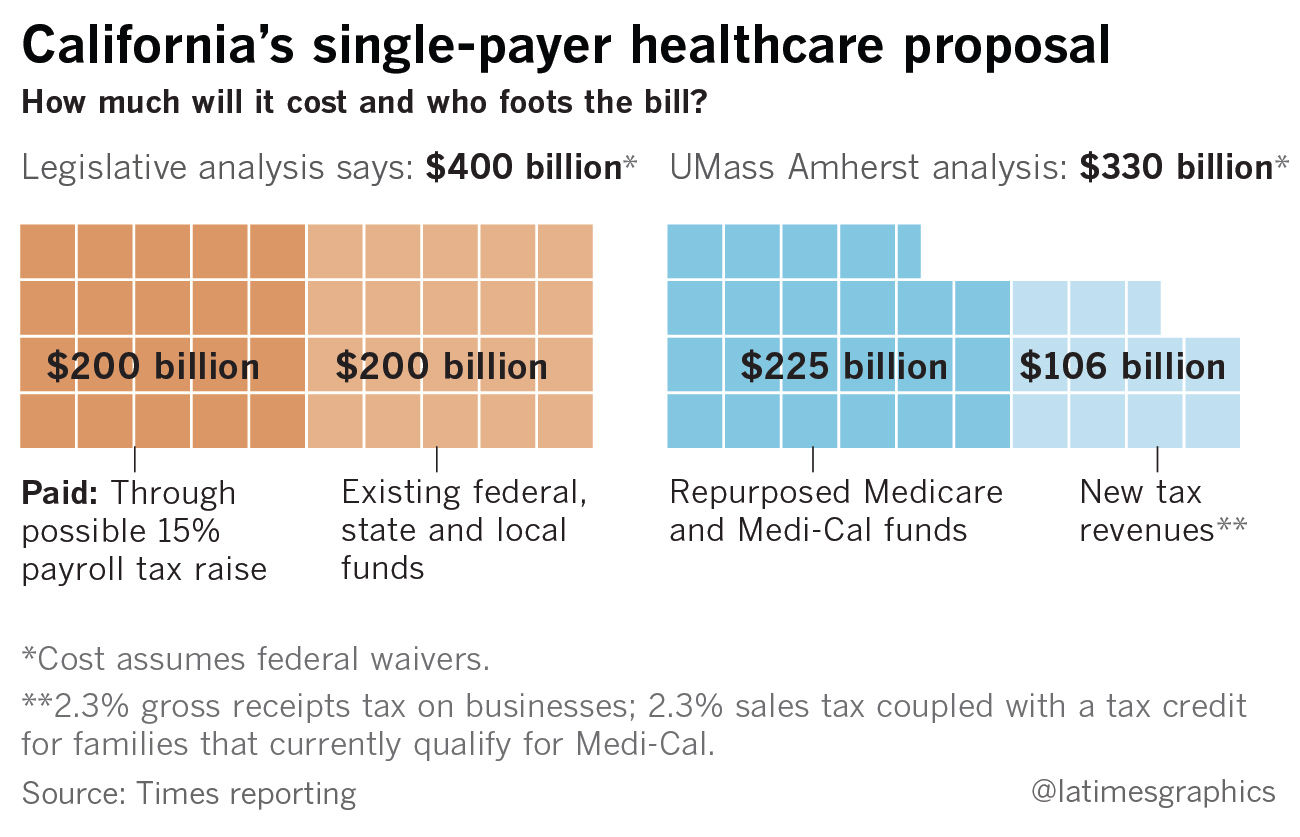If you're fighting with daily tasks or recovering from an illness, injury or surgery, ask your health care supplier if house health or house care is an alternative for you. To read more, call a care center near you.
House health care frequently described merely as "home health" is proficient care provided directly to a client's house. This kind of care is offered by licensed medical experts including nurses, therapists, and aides for the function of treating or handling an,, or. Home healthcare services can be provided to the client's residence (which might be a private home or adult foster home), an assisted living or long-lasting nursing center, or a memory or residential care facility.
No, (i. e. house health) is significantly different than. While the 2 services sound similar (both happen at a patient's home or home), house health is administered by licensed physician. Further, the kind of care encompassed by house healthcare covers a myriad of conditions and diseases, including physical treatment, post-operative care, and treatment of Alzheimer's, dementia, and chronic health conditions.
g. walking canes, walkers, crutches, or wheelchairs). In many cases, clients are still considered homebound even if they leave the house as required for medical treatments that can not be offered at home. Short and periodic non-medical absences might also be allowed, such as going to church, the charm shop, or unique household events.
By delivering care directly to the client, pricey health center expenses can be avoided. Family members are encouraged to be active participants in the planning procedure to assist set and fulfill objectives, working with home healthcare experts for the advantage of the patient. Fringe benefits of house healthcare for elders consist of: Faster recuperation and recovery from disease or injury Enhanced independence (in time) Preserving or enhancing of present condition or level of function Regaining of self-sufficiency in the house Slowing of the decrease of severe conditions Much better symptom management Care is delivered directly to the client's house (either a home or center) Medical services are provided by experienced specialists House healthcare personnel follow the physician-prescribed strategy Clients regain self-reliance and self-sufficiency in the house Care is typically less pricey than hospitalization or a long-term assisted living home Home care services like cooking and cleaning may not be consisted of Clients need to meet the "homebound" requirements to receive Medicare May not be appropriate for patients who require 24-hour monitoring Can be expensive if not covered by insurance coverage or Medicare Number of home healthcare service providers might be restricted depending upon place The initial step towards getting house healthcare is to obtain a physician's orders and deal with a home health care business to develop a detailed care strategy.
Relative and More help other caretakers are motivated to participate in this preparation procedure to make sure consistent and thorough care. When services begin, home healthcare personnel will carry out the strategy following all doctor orders and keep the physician updated about the patient's progress. The frequency and kind of home health visits will differ depending on the patient's requirements.
Our What Is The Purpose Of Formalized Codes Of Ethics In The Health Care Professions? PDFs
All services are customized to the patient's needs. House healthcare is developed to help the client rest, recuperate, and get treatment in the convenience of their own house or house. Services supplied by house healthcare are provided with the goal of helping the patient gain back self-reliance to end up being as self-dependent as possible while likewise handling their illness or condition.
Home healthcare specialists keep a log for each see and offer updates on the patient's condition to the medical professional as needed. This helps to make sure connection of care. Home health care includes medically needed, competent services prescribed by a physician for the treatment of a health problem, injury, or medical condition.
Examples consist of checking important indications, evaluating pain, keeping an eye on food consumption, handling medications, aiding with fundamental health, and guaranteeing security in the house. Home healthcare only supplies clinically essential services competent services recommended or advised by a medical physician. It does not supply inexperienced services or everyday necessities such as cooking, cleansing, bathing, and transportation.
Some home healthcare services offer personal home care help at an additional cost, which may or might not be covered by insurance coverage or Medicare. A medical house call is a medical see performed by a doctor in the client's location of home. These sees are typically administered to homebound grownups who otherwise have restricted or no access to routine healthcare.
House call physicians may be employed by a company, or they may have their own practice. The main benefit of physician home calls is that patients get, from, in the and of their own house or place of residence. Additional advantages of physician house calls include the following: It guarantees regular treatment to clients who have couple of or no other alternatives (e.
homebound adults, individuals who reside in rural areas) It assists keep an eye on and deal with both avoidable and chronic conditions to keep patients out of ERs and hospitals It encourages patients to keep up with routine medical gos to by bringing the doctor straight to the patient's house It saves the http://knoxxhhh995.theglensecret.com/4-easy-facts-about-what-would-single-payer-health-care-cost-described patient money and time traveling to the doctor's workplace Though there are many benefits associated with medical home calls, there are likewise some challenges, namely that house calls are not ideal for emergency situation medical problems, and schedule of doctors and scheduling choices may be limited in some areas (what is universal health care).
Facts About What Countries Have Single Payer Health Care Uncovered
Gos to are generally arranged on weekdays, though the physician might be offered by phone on weekends or after hours. Home call clients can be seen in their own home or in an adult foster home, assisted living or residential care center, memory care facility, or long-term retirement home. When it comes to administering house health care, there are two types of skilled experts who provide care nurses and physical therapists (what is universal health care).

Home care nurses usually deal with senior clients however may also provide services for kids with mental or developmental problems, as well as clients with impairments. A home health nurse supplies knowledgeable services in keeping with a doctor's strategy of take care of a home health care client. These services may consist of the following: Taking the patient's vitals Administering pain medication Completing medical treatments Recording symptoms in a journal In addition to these basic jobs, a house health nurse helps help with communication between the client's doctor and caregivers.
The primary function of a house health nurse is to follow the doctor's strategy of care, administering clinically needed services to treat, prevent, or handle the client's condition. On each go to, the house health nurse will take the client's vitals, track signs and other information of the client's condition, and administer any required medications or treatments.

A house Mental Health Facility health assistant is a professional who supplies assistance to patients with special requirements, including those who are handicapped, chronically ill, or cognitively impaired. They might also provide services for elders who require assistance in the house. A home health assistant may offer services including checking important signs, assisting with personal health, administering medication, and employing other elements of a physician-prescribed plan of care.